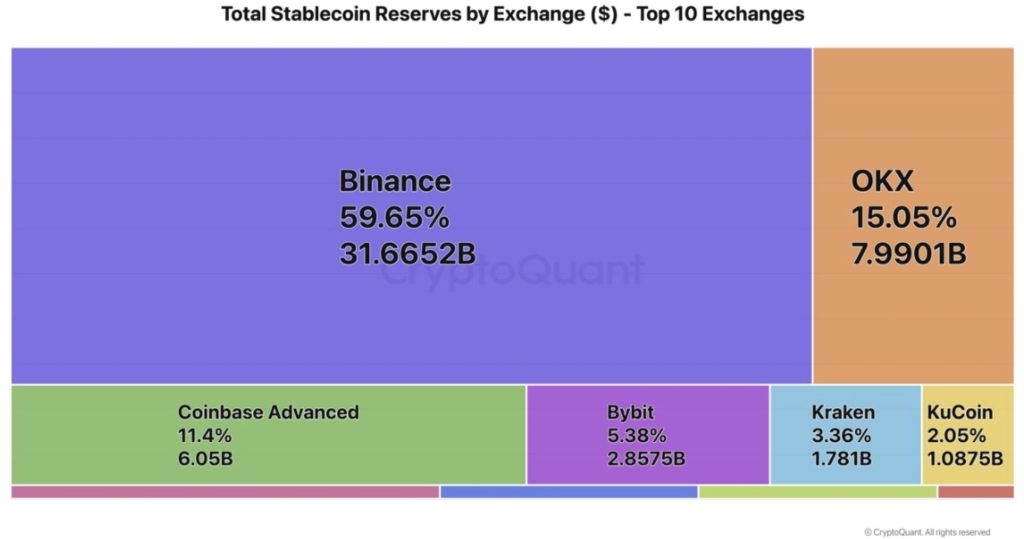Stay informed with free updates
Simply sign up to the US economy myFT Digest — delivered directly to your inbox.
Defaults on US credit card loans have hit the highest level since the wake of the 2008 financial crisis, in a sign that lower-income consumers’ financial health is waning after years of high inflation.
Credit card lenders wrote off $46bn in seriously delinquent loan balances in the first nine months of 2024, up 50 per cent from the same period in the year prior and the highest level in 14 years, according to industry data collated by BankRegData. Write-offs, which occur when lenders decide it is unlikely a borrower will make good on their debts, are a closely watched measure of significant loan distress.
“High-income households are fine, but the bottom third of US consumers are tapped out,” said Mark Zandi, the head of Moody’s Analytics. “Their savings rate right now is zero.”
The sharp rise in defaults is a sign of how consumers’ personal finances are becoming increasingly stretched after years of high inflation, and as the Federal Reserve has left borrowing costs at elevated levels.
Banks have yet to report their fourth-quarter numbers but the early signs are that more consumers are falling significantly behind on what they owe. Capital One, the US’s third-largest credit card lender, after JPMorgan Chase and Citigroup, recently said that as of November its annualised credit card write-off rate, which is the percentage of its overall loans that are marked as unrecoverable, hit 6.1 per cent, up from 5.2 per cent a year ago.
“Consumer spending power has been diminished,” said Odysseas Papadimitriou, head of consumer credit research firm WalletHub.
US consumers exited pandemic-era lockdowns flush with cash and ready to spend. Credit card lenders were happy to help, signing up customers who might not have qualified in the past based on income, but looked like safe debtors because their bank accounts were flush with cash.
Credit card balances soared, rising a combined $270bn in 2022 and 2023, and pushing the total US consumers owed on credit cards above $1tn for the first time in mid-2023.
That spending along with coronavirus-induced supply chain bottlenecks led to a burst of inflation, prompting the Fed to boost borrowing costs starting in 2022.
Higher balances and interest rates have left Americans who cannot pay off their credit card bills in full paying $170bn in interest in the past 12 months ending in September.
That sucked up a portion of the excess cash that was in consumers’ bank accounts, particularly those of low-income consumers, and as a result, more of those borrowers are struggling to pay back their credit card debts.
Hopes that the US central bank will rapidly slash interest rates in 2025 after cuts this year were dashed last week, when officials predicted only half a percentage point of rate cuts next year, compared with a forecast of 1 percentage point three months earlier.
In a sign of how consumers are struggling, even after writing off nearly $60bn in consumer credit card debt in the past year, another $37bn remains in consumers’ cards that is at least one month overdue.
Credit card delinquency rates, which are seen as a precursor to write-offs, peaked in July, according to data from Moody’s, but have only fallen slightly and remain nearly a percentage point higher than they were on average in the year before the pandemic.
“Delinquencies are pointing to more pain ahead,” said WalletHub’s Papadimitriou.
US president-elect Donald Trump’s threat of wide-ranging tariffs, which could increase inflation and interest rates, would be “two problematic things for the consumer in 2025”, he added.
Credit: Source link











